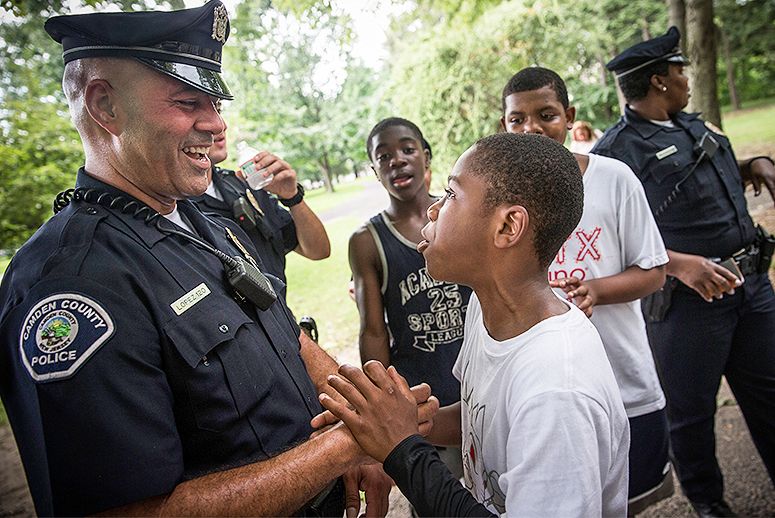[ad_1]

Share and speak up for justice, law & order…
The mantra of police reformers is more training. The problem with many of those voices is that activists and politicians have no idea what the current state of training and education of law enforcement in the US is.
Research has shown that college-educated officers suffer less from stress, generate fewer complaints, and have fewer use of force incidents. While it is true that potential police officers can come to the recruiter’s table with only a high school diploma, many agencies require some level of college to be eligible for employment. When considering that most police academies are taught on a level that is eligible for college credit, and many academies are on the grounds of a college, the number of officers with college credits is high.
A certificate program consists of vocational competence with classroom contact hours less than a two-year degree. The average of all police academy programs consists of 840 clock hours which equates to about 56 college hours. (One college credit hour is approximately 15 clock hours, with more clock hours required for learning labs.) Completing a two-year degree requires around 60 college hours which translates to 900 clock hours, not far from the average police academy which is compressed into a stressful 21 weeks. None of that counts the rigors of field training that officers must complete before working on their own.
Over half of all American police officers have at least a two-year degree, known as an Associate of Arts or Associate of Science which includes general education courses and is transferable in pursuit of a four-year degree, or an Associate of Applied Science which focuses more work on vocational skills and is not as readily transferable toward a four-year degree.
Nearly a third of police officers have a four-year degree. This is likely in the area of criminal justice, but officers and their agencies benefit from a variety of academic pursuits from psychology to computer science to English. Degrees in criminal justice are helpful, but no knowledge is wasted in law enforcement. Basic police skills are taught in the academies and field training
Over five percent of officers have a graduate degree or higher. With the availability of online graduate programs, that number is expected to grow as officers recognize the advantages of more education as they strive to move into management, supervisory, and specialty positions as their careers advance.
A current claim of critics is that police officers have no training in dealing with mental health crises. Although more training is always desirable, officers are taught these skills in the academy and in field training. In Colorado, for example, the minimum state required basic police training curriculum consists of a mandated set of courses totaling 556 hours. Many, if not most, state certified academies exceed this minimum. As in many other states, most police officers are trained in a community college environment while the remainder are trained at agency-run police academies. Most agencies prefer that recruits come with their basic training already completed at their own cost, while others are happy to conduct their own training. Some require completion of their agency academy even if the newly hired officer is already certified or experienced. This preserves the tradition and culture of a particular law enforcement agency.
Physical skills training in Colorado consists of driving, firearms, and arrest control which total 176 of the 556 clock hours. Of the remaining 378 hours of academic classroom instruction. Although only 12 clock hours are explicitly devoted to dealing with special populations, the topic is embedded in other subject areas like stress management, liability, ethics, judicial process, interviewing, controlled substances, and others in addition to field training and ongoing continuing education.
Other filtering of recruits to be eligible to train as a police officer include, of course, a background investigation, psychological evaluation, and entrance tests designed to determine the level of literacy and ability to learn of a potential recruit. The American public can be reassured that officers are well selected, well educated, and well trained. That doesn’t mean that every officer performs perfectly every time. The filtering process continues throughout an officer’s potential career and not everyone survives the demands of the profession. After all, as the old riddle says “What do you call the person who graduated last in medical school? Answer: Doctor.
This article originally appeared at The National Police Association
Share and speak up for justice, law & order…
[ad_2]




